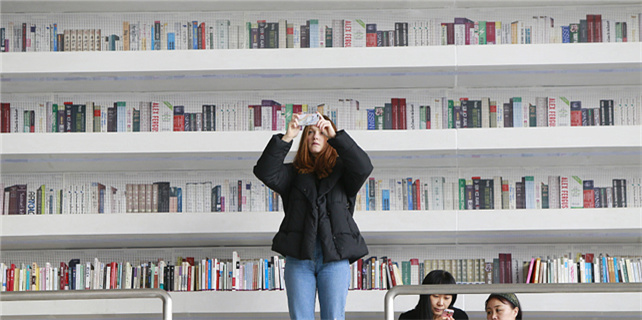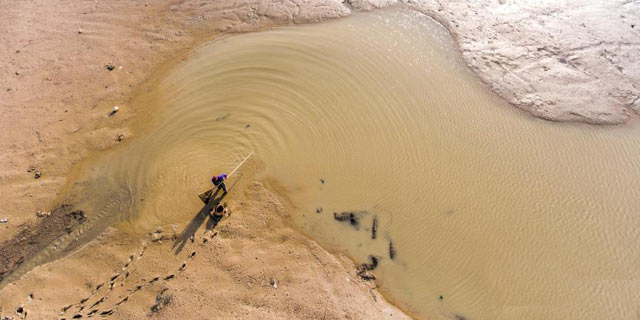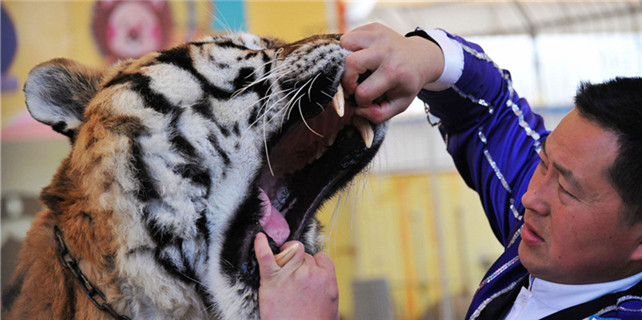Merkel's CDU agrees to pursue coalition
European leaders emphasize the importance of a stable Germany
BERLIN - Leaders of German Chancellor Angela Merkel's conservative party have agreed to pursue a "grand coalition" with the Social Democrats, or SPD, to break the political deadlock in Europe's biggest economy.
Merkel, whose fourth term was plunged into doubt a week ago when three-way coalition talks with the pro-business Free Democrats, or FDP, and Greens collapsed, was handed a political lifeline by the SPD on Friday.
Under intense pressure to preserve stability and avoid new elections, the SPD reversed its position and agreed to talk to Merkel, raising the prospect of a new grand coalition, which has ruled for the past four years, or a minority government.
"We have the firm intention of having an effective government," Daniel Guenther, conservative premier of the state of Schleswig Holstein, told reporters after a four-hour meeting of leading members of Merkel's Christian Democrats, or CDU, on Sunday.
"We firmly believe that this is not a minority government but that it is an alliance with a parliamentary majority. That is a grand coalition," he said.
The meeting came after the conservative state premier of Bavaria threw his weight behind a new right-left tie-up.
"An alliance of the conservatives and SPD is the best option for Germany - better anyway than a coalition with the Free Democrats and Greens, new elections or a minority government," Horst Seehofer, head of the Bavarian CSU, told Bild am Sonntag.
An Emnid poll also showed on Sunday that 52 percent of Germans backed a grand coalition.
Several European leaders have emphasized the importance of getting a stable German government in place quickly so the bloc can discuss its future, including proposals by French President Emmanuel Macron on eurozonezone reforms and Brexit.
Merkel, who has balked at the idea of a repeat election, on Saturday said she wanted to form a government "very soon", and an acting government under her leadership can do business until a new coalition is formed.
The youth wing of Merkel's conservatives raised pressure on the parties to get a deal done by Christmas, saying if there was no deal, the conservatives should opt for a minority government.
In an indication, however, that the process will take time, the CDU agreed on Sunday to delay a conference in mid-December that had been due to vote on the three-way coalition.
The SPD premier of the state of Lower Saxony said he feared there was no way a decision would be reached this year. "It is a long path for the SPD," said Stephan Weil on ARD television.
Merkel is against going down the route of a minority government because of its inherent instability, but pundits have said one possibility is for the conservatives and Greens to form a minority government with informal SPD support. The Greens have said they are open to a minority government.
Reuters - AFP









